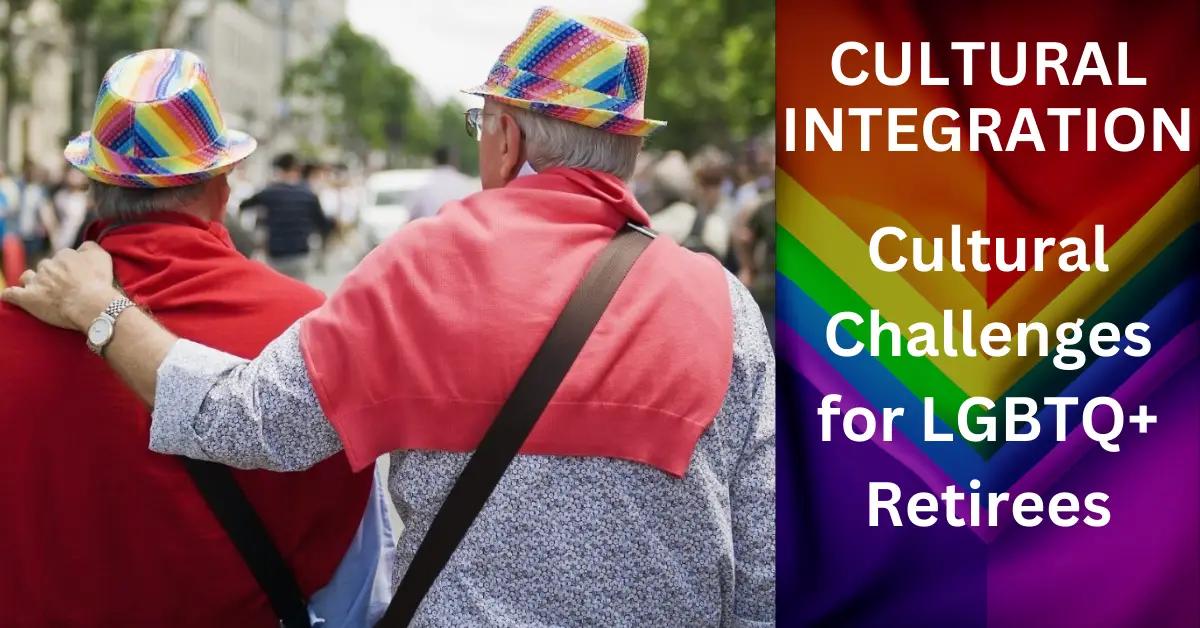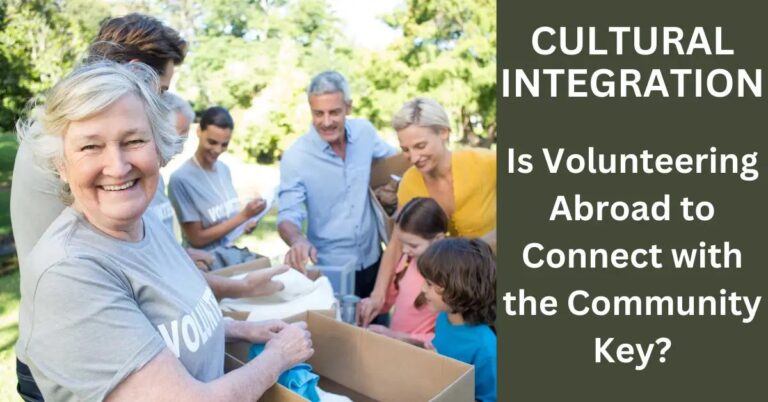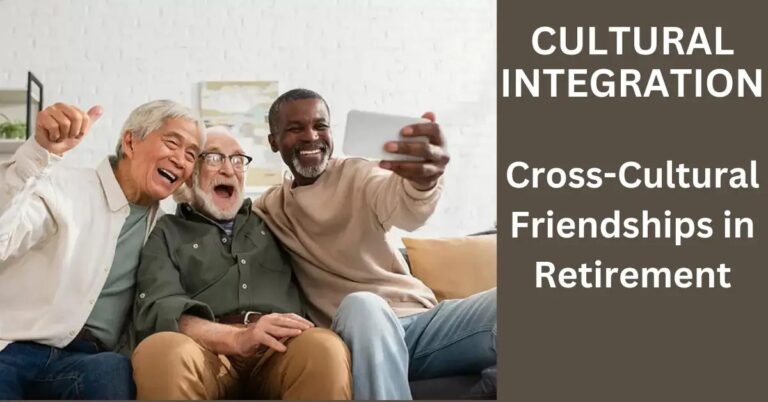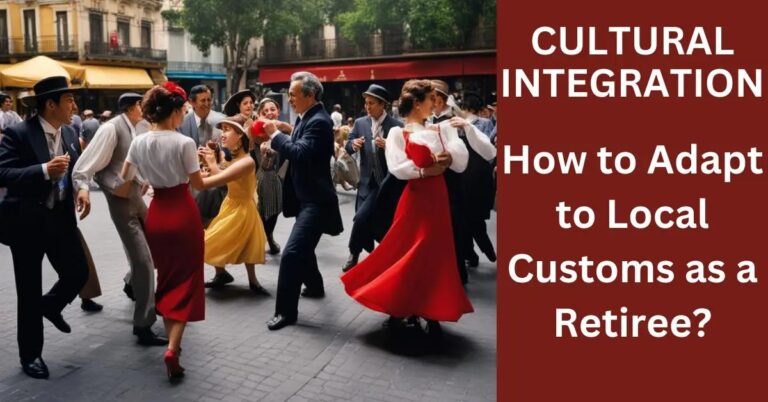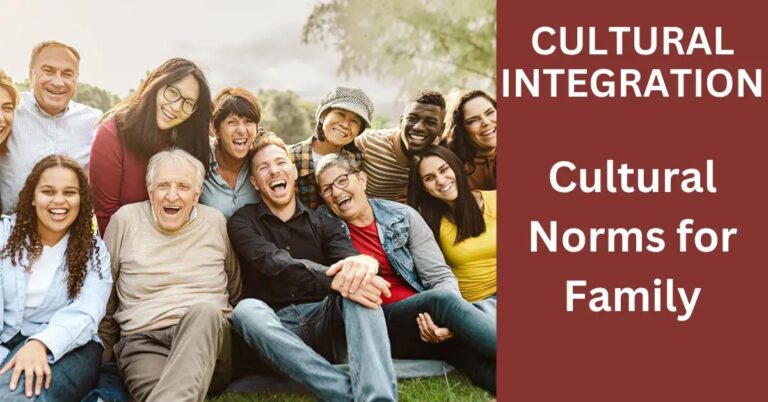TL;DR:
- LGBTQ+ retirees face issues of social isolation, historical discrimination, and unique challenges given age plus LGBTQ+ identity.
- Lack of family support can increase isolation; many lack financial security due to past employment discrimination.
- Healthcare discrimination includes inadequate treatment and lack of cultural competency among providers.
- Financial challenges involve lower retirement savings, lack of legal benefits for couples, and need for tailored financial planning.
- Building supportive social networks helps reduce loneliness; participation in community events and volunteering fosters belonging.
- Cultural competency training for caregivers improves their understanding and support for LGBTQ+ retirees.
- Seeking LGBTQ-friendly healthcare providers and joining specific networks enhances care and social connectivity.
Retiring abroad can be an adventure, but for LGBTQ+ retirees, cultural challenges may come into play. I know that navigating these waters can be tricky and daunting. This guide dives into LGBTQ+ aging issues such as social isolation and historical discrimination impacts. Let's chat about how societal norms can affect your life overseas. It's time to turn retirement into a positive, enriching experience, no matter where you live.
What Are the Major Cultural Challenges Faced by LGBTQ+ Retirees?
Many older LGBTQ+ adults face social isolation. They may feel alone due to less family support. For decades, some have hidden their true selves, leading to few lasting relationships. Social isolation can harm mental health and reduce the quality of life. It brings feelings of loneliness and disconnection from the community.
Historical discrimination leaves deep scars. It affects how LGBTQ+ people trust others now. Laws and policies were often against them. Discrimination kept them from jobs and healthcare. Many worry it could happen again, and this fear influences their day-to-day interactions.
What is a common challenge for older LGBTQ adults? A key challenge is social stigma about aging combined with being LGBTQ+. Society often has negative views about aging. This creates a double challenge, as older LGBTQ+ adults face both ageism and homophobia. They may hide their identity to avoid judging comments.
Family plays a huge role. Support and acceptance from family can make a big difference. But not everyone receives this. Some face rejection, leading to more isolation. Without family help, especially with health and care, life becomes tougher.
Intersectionality adds complexity to these challenges. It’s where race, gender, and more come into play. Each identity shapes aging experiences differently. An LGBTQ+ person of color may face more bias. Recognizing these layers helps in understanding their unique struggles. This intersectional lens is crucial for tailoring support and solutions.
The question, "What is the LGBTQ cultural competency?" asks about understanding these unique needs. It is about teaching others to respect and know LGBTQ+ experiences. Being aware of LGBTQ+ history, struggles, and present issues is key. Training can help caregivers and community workers improve their support. It builds trust and makes retirement living conditions better for LGBTQ+ individuals.
Addressing these cultural challenges requires society to evolve. Discussions and awareness-raising can soften prejudices. More LGBTQ+ friendly spaces and support systems can aid in creating safer environments. By recognizing these challenges, we can work together to build a more inclusive future for LGBTQ+ retirees.
How Can Cultural Competency Improve Care for LGBTQ+ Retirees?
Cultural competency in caregiving stands crucial for LGBTQ+ retirees. It helps us feel respected and understood. When caregivers understand our needs, we get better care and support. Cultural competence in LGBTQ care means recognizing our unique experiences. Caregivers must identify our preferences and listen without judgment. Training plays a key role here.
LGBTQ cultural competency training for caregivers helps address these needs. What is LGBTQ cultural competency training? It teaches caregivers about our history, rights, and challenges. They learn to use inclusive language and create welcoming environments. Understanding our past experiences means respecting our fears and challenges.
Creating inclusive living programs for seniors supports our needs better. Here, strong focus on personal preferences matters. These programs ensure that our homes respect diversity. Staff trained in cultural competency guide these programs. They understand how inclusion affects our well-being and dignity.
You foster inclusive environments through open dialogue. We use our voice to express preferences and needs. Regular communication with healthcare providers enhances understanding. Care professionals must learn our health specifics without assumption. Identifying and collaborating with LGBTQ-friendly healthcare providers ensures inclusive senior care.
Finding LGBTQ-friendly healthcare providers can be tough. How do we find them? Begin by seeking recommendations from community centers or friends. Online forums also offer useful insights. We ask healthcare providers about their LGBTQ experience, ensuring they support our needs.
Partnering with inclusive providers helps us feel seen and acknowledged. They know our health challenges and aging issues. This awareness helps create better care plans suited to our lives.
An inclusive elder living program respects your choices as a retiree. They offer spaces for you to age with safety and community. We deserve to live in environments that respect our identities and celebrate our lives.
How Does Healthcare Discrimination Affect LGBTQ+ Retirees?
Healthcare discrimination poses significant challenges for LGBTQ+ retirees. To start, one major challenge is biased treatment from some healthcare providers. This can negatively affect long-term health by creating fear or reluctance to seek care. Often, LGBTQ+ seniors face geriatric care discrimination due to their identities being misunderstood or ignored. For instance, some providers fail to recognize same-sex spouses as family, affecting decision-making processes.
A critical issue involves ethical concerns within geriatric care. Many providers lack training in LGBTQ-specific issues, leading to inadequate care. Ignorance of unique health risks, historical traumas, and chronic conditions faced by this group results in poor health outcomes. Problems such as incorrect treatments or dismissive attitudes discourage elderly LGBTQ+ individuals from utilizing necessary medical services.
Barriers to healthcare access further complicate these issues. Many LGBTQ+ retirees encounter financial limitations, location-based restrictions, and stigma. This makes finding inclusive and supportive care environments challenging. Some facilities may claim inclusivity but lack genuine supportive practices, causing emotional harm.
However, solutions exist to improve healthcare access and quality for LGBTQ+ seniors. Promoting cultural competency in healthcare can create bridges between patients and providers. Increased cultural sensitivity training for caregivers may lead to more respectful interactions and accurate understanding of patient needs. Training programs should feature real-world scenarios to connect theory with practice.
Advocacy plays an essential role in improving healthcare access. Community-driven initiatives can help identify and push for policies ensuring equal healthcare rights. Creating inclusive environments requires collaboration from both patients and providers to foster trust.
Finally, addressing healthcare discrimination can improve health outcomes for LGBTQ+ retirees. When LGBTQ+ seniors receive unbiased and knowledgeable care, their physical and emotional well-being flourishes. Overcoming healthcare discrimination is crucial for enhancing the quality of life for these elders in their golden years.
What Financial Challenges Do LGBTQ+ Retirees Face?
LGBTQ+ retirees often face unique financial hurdles. A significant issue is the disparities in retirement savings. Many LGBTQ+ seniors may have lower retirement savings due to past discrimination. Historically, jobs or promotions were denied based on sexual orientation or gender identity. This can create a life-long impact, resulting in less financial security during retirement.
Navigating financial planning can be complicated. Traditional resources might not address the specific needs of LGBTQ+ individuals. It's essential to find financial planners who understand these diverse needs. Financial literacy programs specifically for LGBTQ+ seniors also play a vital role. They help ensure better management of retirement funds.
Managing retirement as a couple can present challenges too. LGBTQ+ couples sometimes lack the same legal protections and benefits as heterosexual ones. Access to certain Social Security and pension benefits can be limited. Financial planning should consider these potential gaps to ensure fair support.
There's also a need for inclusive financial planning. Financial advisors should offer plans that understand diverse family structures. Resources should be tailored to address varied financial security needs, considering different partnership rights or healthcare coverage options.
Ensuring financial literacy is crucial as well. With the right education, retirees can make informed decisions about savings and investments. It's important for LGBTQ+ seniors to understand how to navigate these tools. Regular workshops and resources geared towards community specifics can help fill this knowledge gap.
In conclusion, LGBTQ+ retirees face unique financial challenges, and addressing them requires careful, inclusive planning and support. Understanding their diverse needs and ensuring access to tailored resources can promote better financial outcomes. Having financial support systems that respect and reflect their identities is key to achieving financial stability in retirement.
How Can LGBTQ+ Retirees Build Supportive Social Networks?
Building strong social networks is key for LGBTQ+ retirees. Such networks reduce feelings of loneliness and create support. Large or small, these networks help foster a sense of belonging and community.
How can LGBTQ+ retirees deal with loneliness? Find groups that share similar interests and values. Join clubs or attend community events. These are great ways to meet people and form connections. Remember, it only takes one brave step to find a new friend.
Getting involved is important. Volunteering offers a chance to bond over shared goals, giving retirees a fulfilling way to connect. Community centers and online platforms often list volunteer opportunities. By helping others, LGBTQ+ retirees help themselves combat loneliness and isolation.
How can social participation improve the patient experience for LGBTQ+ retirees? Engaging in community events and activities invites interaction with diverse people. These experiences encourage understanding, making healthcare providers more aware of LGBTQ+ needs. The increased community visibility helps providers better cater to the specific challenges faced by LGBTQ+ retirees.
Creating intergenerational friendships brings fun, learning, and support. Younger friends can offer fresh perspectives and tech help. Older friends share wisdom and life stories. These bonds enrich lives and support mental wellness.
Want to make friends who truly understand the unique journey of being an LGBTQ+ retiree? Look to join networks specifically for LGBTQ+ older adults. These spaces offer opportunities to connect with others who have shared similar life experiences, both challenging and joyful.
Lastly, never underestimate the power of technology. Online communities and social media are tools that widen your network. They connect people regardless of distance. Virtual events, forums, and groups make inclusion possible even from home, offering a lifeline for those feeling isolated.
Building social networks enhances well-being and lowers loneliness. With community efforts, LGBTQ+ retirees can enjoy active, connected lives.
Conclusion
Navigating life as an LGBTQ+ retiree has its hurdles, but surmounting them is possible. Social isolation, past discrimination, healthcare access, and financial challenges are big issues. By focusing on cultural competency, supportive healthcare, and inclusive financial planning, we can build a better future for all LGBTQ+ retirees. It's crucial to foster and engage in supportive social networks. These connections can be a lifeline. Remember, creating a community that embraces acceptance and understanding can vastly improve your life and well-being in retirement. Together, we can ensure every LGBTQ+ retiree thrives in their golden years.

